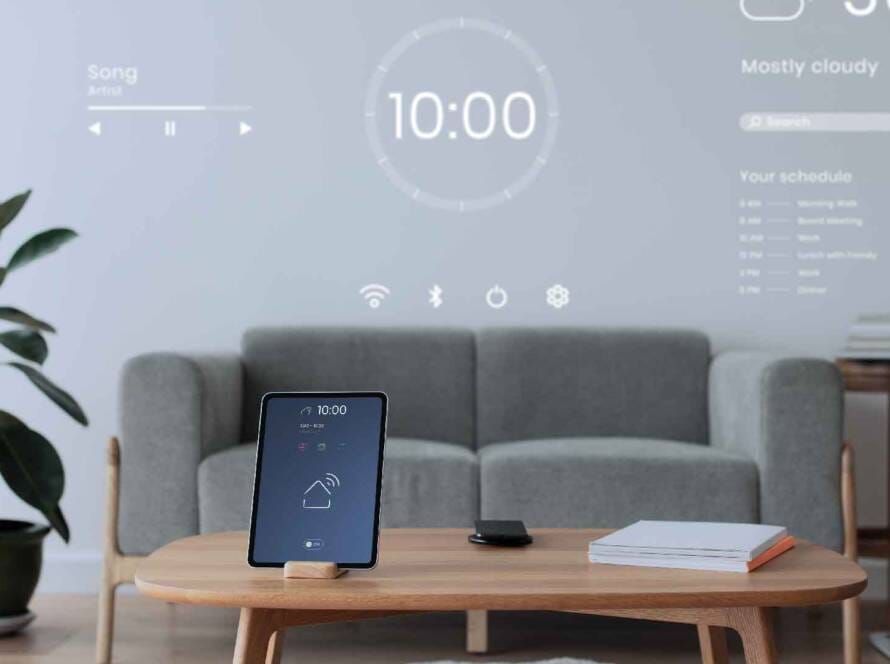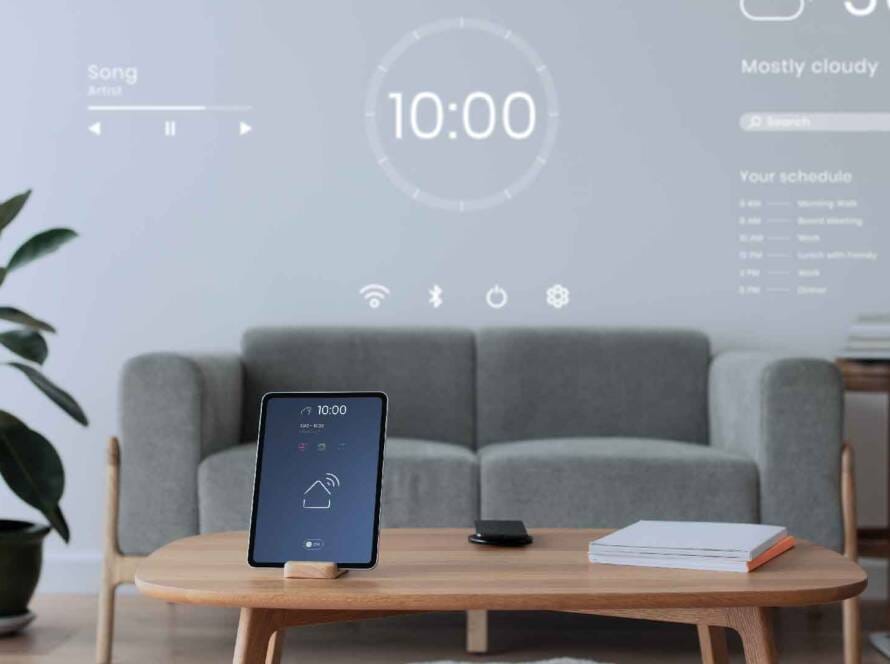In today’s fast-paced world, technology is transforming every aspect of how we live — and the HVAC industry is no exception. Gone are the days when heating and cooling systems simply turned on and off based on a thermostat setting. Modern HVAC systems are becoming intelligent, adaptive, and predictive, using data and automation to anticipate needs, optimize performance, and save energy.
Predictive HVAC technologies represent a major leap forward, merging artificial intelligence, IoT (Internet of Things), and advanced sensors to create systems that can learn, adjust, and perform with precision in real time.
1. From Reactive to Predictive Systems
Traditional HVAC systems are reactive — they respond only after a change in temperature is detected. For example, when your home gets too warm, the air conditioner turns on; when it cools down, it switches off.
Predictive HVAC systems, on the other hand, use real-time data analysis to anticipate temperature fluctuations before they occur. By collecting data from sensors, weather forecasts, occupancy patterns, and even energy rates, these systems can make intelligent decisions to maintain comfort efficiently.
This shift from reactive to predictive operation reduces energy waste, prevents sudden temperature swings, and ensures consistent comfort.
2. The Power of Data and Smart Sensors
At the heart of predictive HVAC lies data. Sensors placed throughout a building monitor temperature, humidity, air quality, and occupancy levels. This information is transmitted to a central control system powered by AI algorithms.
The system then analyzes trends, identifies inefficiencies, and adjusts heating or cooling output accordingly — all without human intervention.
For instance, if sensors detect that certain rooms are unoccupied, the system automatically reduces airflow to those areas, cutting unnecessary energy use. Similarly, if the outdoor temperature is expected to drop in the evening, the system can adjust cooling output in advance to maintain balance.
3. Energy Efficiency and Cost Savings
One of the most significant advantages of predictive HVAC technologies is energy efficiency. By learning from user behavior and environmental conditions, predictive systems minimize overcooling and overheating — two major causes of energy waste.
According to recent studies, predictive systems can reduce energy consumption by up to 25–30% compared to traditional setups. For businesses and homeowners alike, this means lower utility bills and a smaller carbon footprint.
In addition, predictive maintenance features allow systems to detect potential problems before they lead to costly breakdowns. Sensors can identify unusual patterns, such as a compressor drawing too much power or filters becoming clogged, prompting a maintenance alert before performance suffers.
4. Improved Comfort and Indoor Air Quality
Predictive HVAC systems do more than save money — they also enhance indoor comfort and air quality. By continuously monitoring factors like humidity and CO₂ levels, these systems maintain optimal indoor environments that promote well-being and productivity.
In commercial settings, such as offices or hospitals, this real-time adaptability ensures occupants always experience consistent comfort while preventing energy waste during low-occupancy hours.
5. The Future of Predictive HVAC
As smart cities and sustainable living become global priorities, predictive HVAC technologies will play a central role in energy management. Integration with renewable energy sources, such as solar panels or smart grids, will allow systems to automatically shift energy use to off-peak times, further reducing costs and emissions.
In the near future, homeowners may be able to control their HVAC systems through AI-driven assistants that understand their routines and preferences — creating an environment that’s both comfortable and eco-friendly.
Conclusion: The Smart Evolution of Comfort
Predictive HVAC technologies mark a turning point in how we manage indoor climate. By combining sensors, data analytics, and machine learning, these systems bring a new era of real-time adaptation, efficiency, and intelligence to modern living.
No longer just machines that heat or cool, HVAC systems are becoming proactive partners in comfort and sustainability. Investing in predictive HVAC isn’t just about convenience — it’s about building a smarter, greener, and more cost-effective future.


